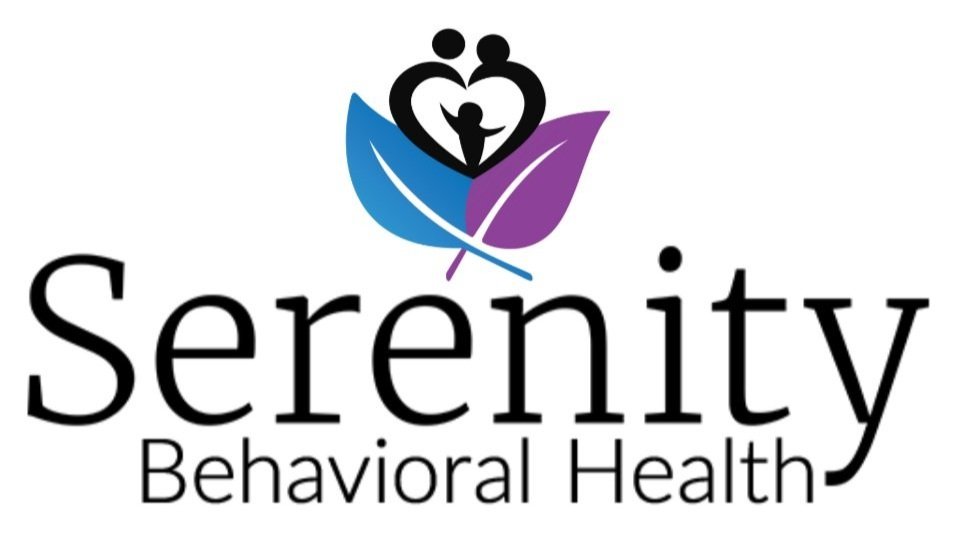Youth and Social Media
Social media has become a huge part of our daily lives and can impact our mood and actions, especially for youth. The staff at Serenity Behavioral Health joined Child Guidance Resource Centers to discuss the impact of social media and how to maintain balance and wellness. Check out the quick ten minute video here:
Special 10at10 with Serenity and Child Guidence Resource CentersYouth and Social Media.
Posted by Facebook on October 7, 2020
Teen Social Media Use:
92% of teens go online daily, and 24% say they go online “almost constantly.”
76% of teens use social media (81% of older teens, 68% of teens ages 13 and 14).
71% of teens use Facebook, 52% use Instagram, 41% use Snapchat, 33% use Twitter, and 14% use Tumblr.
77% of parents say their teens get distracted by their devices and don’t pay attention when they’re together.
59% of parents say they feel their teen is addicted to their mobile device.
50% of teens say they feel addicted to their mobile device.
Sources Common Sense Media & Pew Research Center
What are teens saying about social media and the challenges they’re facing?
Many of the teens at Serenity report struggling with the following:
Cyberbullying
Feeling left out
Feeling overwhelmed by online conflict and drama
Normalization of substance use and pressure to use.
Feeling pressure to only post content that makes them look good and/or will get a lot of likes and comments.
Politics - whether or not they should post about it, feeling stressed about what they see.
Social Comparison - This is a big one!
What is social comparison?
Social comparison is when we determine our self-worth based on how we compare ourselves to others around us. It’s when we analyze and evaluate our attitudes, abilities and traits compared to others. There are three types of social comparisons:
Upwards: Comparing ourselves to someone we perceive as better than us.
Downwards: Comparing ourselves to someone we perceive as worse off than us.
Lateral: Comparing ourselves to someone we view as equal.
Some comparisons can be healthy and helpful in motivation and self-improvement but they can also be negative. Research has shown that people on social media tend to make more upwards comparisons and report feeling worse after. This is especially true for teens already struggling with low self esteem or depression.
Think about it for a minute…
If you often see posts of people your perceive as prettier, skinnier, happier, smarter, more outgoing etc, do you find yourself wishing you also had those traits and feeling down about it? Depending on the person this can lead to low self-esteem, anxiety and depression symptoms, eating disorders and substance use.
How might social media impact substance use?
Think back to the last time you were on social media. Did you see a post about drugs or alcohol? Videos of people partying? Substance use is all over social media. Whether if be friends, celebrities' or a simple meme, its almost unavoidable. Many of the teens and young adults at Serenity report feeling pressured to try alcohol or drugs and to post about it. They also share about attempting to use substances as a way to cope with underlying mental health issues and reporting that its common among their peers. Social media can also be a trigger for those who are trying to stay sober, especially in todays climate. Stress from politics on social media, dealing with online conflict and social comparison has has been a hot topic in our groups recently.
What about the positives?
Not everything about social media is negative. Here’s what teens are saying about the positives:
81% Report feeling more connected to their friends
69% Think it helps teens interact with a more diverse group of people
68% Feel as if they have people who will support them through tough times.
Social media can also help inspire and motivate, provide access to resources, allow for self expression and build relationships.
Sources: Pew Research Center
How can we maintain balance and wellness?
Its important to look at the way your mood changes when you’re on social media. If you bein to recognize a shift in your mood take a moment to reflect..”Is this making me feel upset?” “A little angry?” “Sad?” Then try to figure out why and what you can do. It might help to unfollow certain accounts and switch to ones that evoke a more positive response.
Recently we asked our teens and young adults what works for them when trying to deal with the challenges of social media. Here’s what they said:
Unfollowing negative or “stressful” accounts
Monitoring and limiting screen time
Diversifying accounts they follow
Talking to their peers or parents about their online experiences.
Replacing screen time with a new activity (reading a book, walking, calling a friend, etc)
What can parents do?
One of the best thing parents can do is openly communicate with their kids and lead by example. Talk about social media, set clear expectations surrounding use and share about online experiences. Parents should also be aware of the social media platforms their kids are using and have some oversight of what’s being posted. Instead of having unlimited access to kids accounts, they might follow them instead.
Make it interesting! For example:
Instead of a standard “No phones at the dinner table” rule make it fun by having everyone place their phones in a pile on the table, first person to reach for their phone has to clear the table or do the dishes. Ask kids to teach you how to use some of the silly social media features like fun filters, boomerang or tick toc videos. This can naturally open up more conversation about social media and expectations.
